Clemens Schwaiger
RPA in the Public Sector
#1about 6 minutes
Introducing Austria's federal IT provider and its mission
The Austrian federal IT provider (BRZ) develops large-scale e-government solutions and agile projects for federal ministries.
#2about 2 minutes
Addressing the public sector's aging workforce challenge
An aging administrative workforce and restrictive hiring policies create a significant capacity and knowledge gap that needs to be solved.
#3about 1 minute
Analyzing administrative tasks with high automation potential
A large portion of public administration work involves data processing and entry, with studies showing up to a third of total hours can be automated.
#4about 3 minutes
Exploring the benefits and challenges of process automation
RPA increases employee satisfaction by eliminating repetitive tasks and improves service speed, but identifying the right use cases is a key challenge.
#5about 2 minutes
Defining ideal use cases for robotic process automation
The best candidates for RPA are simple, high-volume, rule-based, repetitive tasks that bridge multiple systems, rather than complex, specialized applications.
#6about 2 minutes
Evolving from basic RPA to cognitive robotics with AI
Process automation evolves from simple software robots to cognitive robotics by augmenting RPA with AI technologies like machine learning and NLP.
#7about 3 minutes
Implementing a human-in-the-loop virtual assistant model
A virtual assistant can analyze cases and recommend decisions, but the final authority remains with the human employee to ensure accountability.
#8about 3 minutes
Use case: Automating large-scale data cleansing
RPA robots successfully harmonized 1.6 million data objects, transforming a manual process that would have taken 33 years into a nine-month project.
#9about 2 minutes
Use case: Using machine learning to match registers
A machine learning component enhances RPA by determining the optimal sequence of steps to match complex cases between company and tax registers.
#10about 2 minutes
Adopting an agile approach for RPA implementation
RPA projects are delivered in a fast, 10-14 week cycle from assessment to go-live, with a vision to empower teams to build their own automations.
#11about 3 minutes
The future vision for automation in public services
The combination of mature RPA technology and intelligent virtual assistants presents a significant opportunity to transform public sector efficiency and service delivery.
Related jobs
Jobs that call for the skills explored in this talk.
Wilken GmbH
Ulm, Germany
Senior
Amazon Web Services (AWS)
Kubernetes
+1
ROSEN Technology and Research Center GmbH
Osnabrück, Germany
Intermediate
Python
Docker
+2
Matching moments

04:51 MIN
Understanding the fundamentals of Robotic Process Automation
RPA crash course for .Net developers – intro into the world of RPA from the perspective of a .Net developer
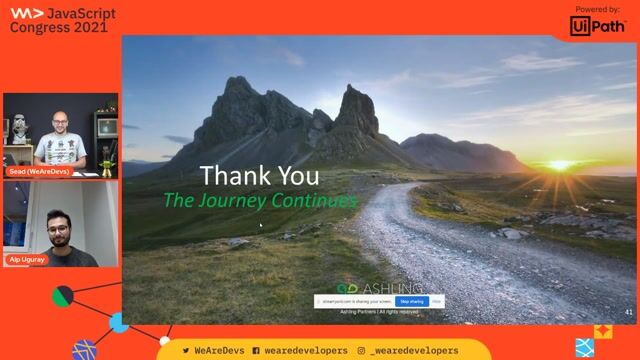
16:49 MIN
The future of RPA and low-code development
How to achieve web automation with UiPath
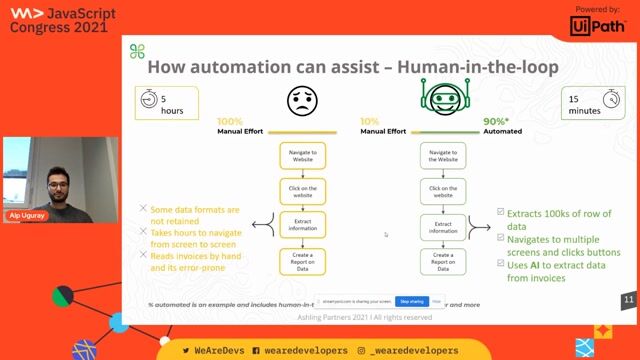
04:40 MIN
Exploring business use cases and benefits of RPA
How to achieve web automation with UiPath
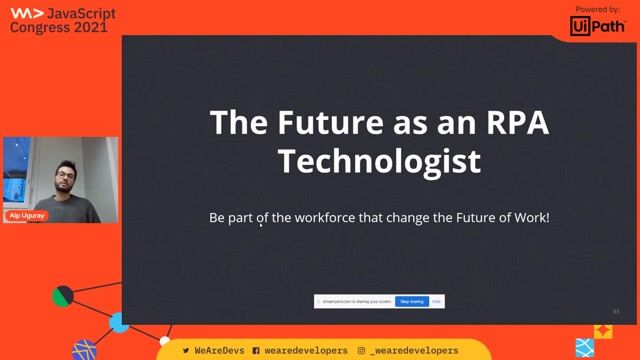
07:31 MIN
Building a career as an RPA technologist
How to achieve web automation with UiPath
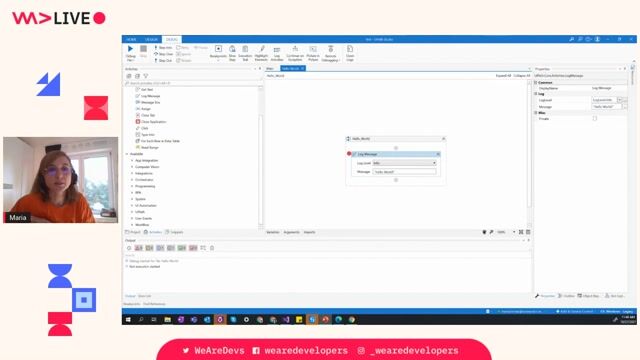
13:22 MIN
Best practices for building robust RPA solutions
RPA crash course for .Net developers – intro into the world of RPA from the perspective of a .Net developer

05:05 MIN
Introducing Deichmann's journey into robotic process automation
The Deichmann RPA journey: Step by step with low-code automation to success
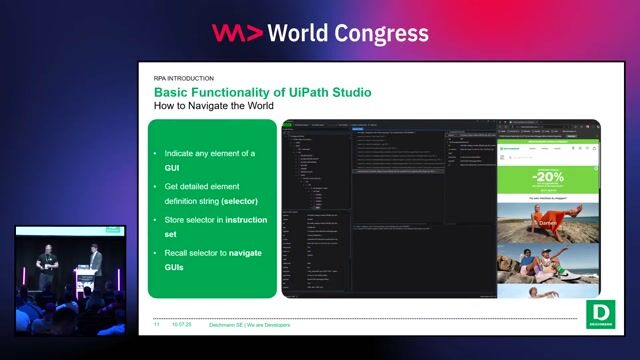
01:47 MIN
Mapping Deichmann's RPA growth and process categories
The Deichmann RPA journey: Step by step with low-code automation to success
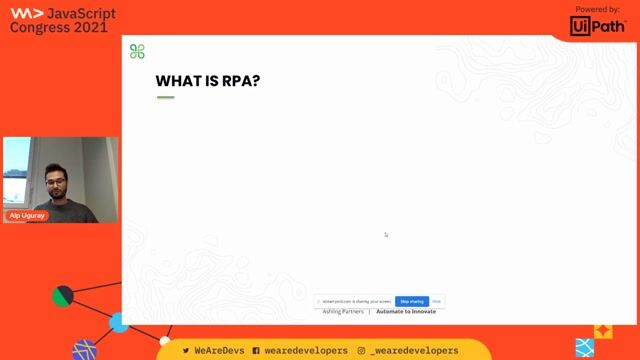
04:27 MIN
Defining what robotic process automation is and is not
How to achieve web automation with UiPath
Featured Partners
Related Videos
 1:48:10
1:48:10RPA crash course for .Net developers – intro into the world of RPA from the perspective of a .Net developer
Maria Doina Irimias
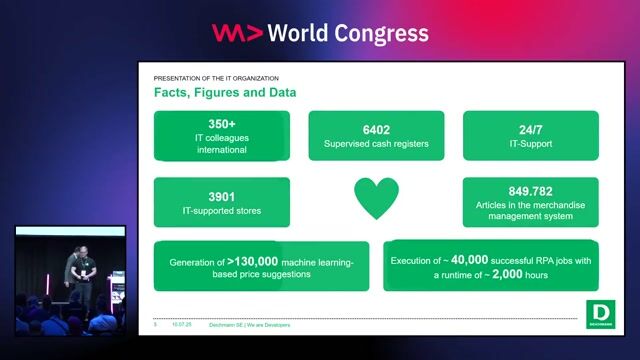 28:53
28:53The Deichmann RPA journey: Step by step with low-code automation to success
Tobias Bernhardt & Niklas Blumenthal
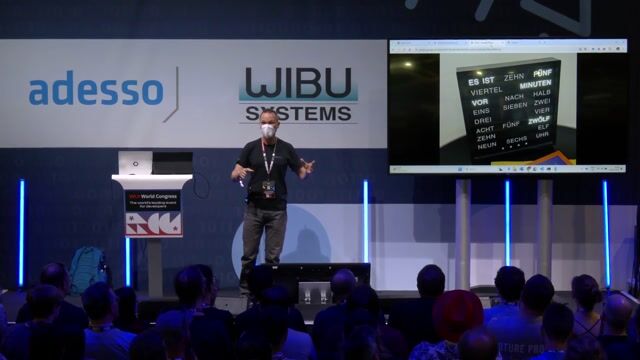 31:39
31:39Livecoding with AI
Rainer Stropek
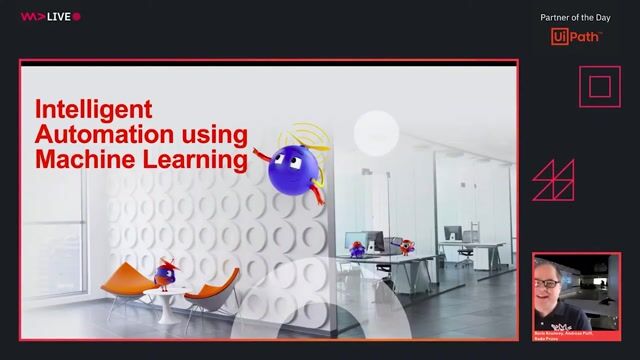 2:11:02
2:11:02Intelligent Automation using Machine Learning
Boris Krumrey & Andreas Palfi & Radu Pruna
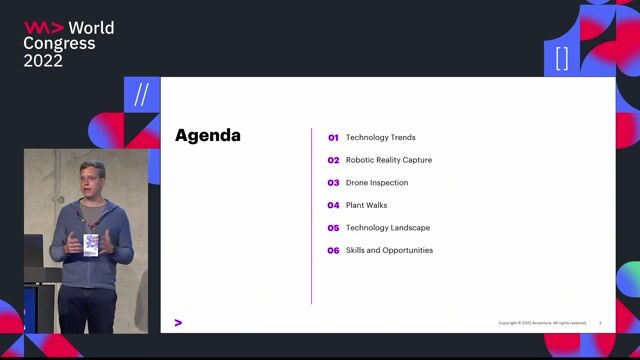 29:34
29:34Robots are coming into the wild! Full-Stack Robotics Engineers, be ready!
Falk-Moritz Schaefer
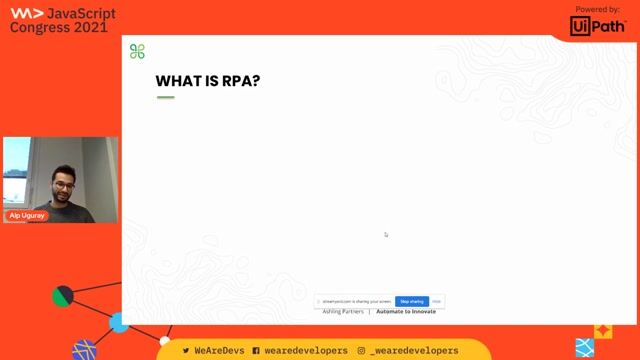 2:01:35
2:01:35How to achieve web automation with UiPath
Alp Uguray
 29:00
29:00AI in Action: Real Use Cases with Real Impact - Hanna Hennig, Michael Ameling, Tobias Regenfuss
Hanna Hennig, Michael Ameling & Tobias Regenfuss and Mike Butcher
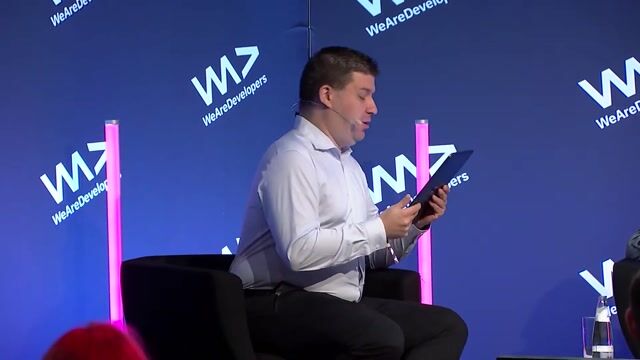 28:29
28:29Unlocking Value from Data: The Key to Smarter Business Decisions-
Taqi Jaffri, Kapil Gupta & Farooq Sheikh and Tomislav Tipurić
Related Articles
View all articles



From learning to earning
Jobs that call for the skills explored in this talk.

Lohmann & Rauscher GmbH
Neuwied, Germany



Ilume Informatik AG
Mainz, Germany



Automation Anywhere
Charing Cross, United Kingdom
Senior
Salesforce
Data analysis

Automation Anywhere
Charing Cross, United Kingdom
Senior
Salesforce
Data analysis
